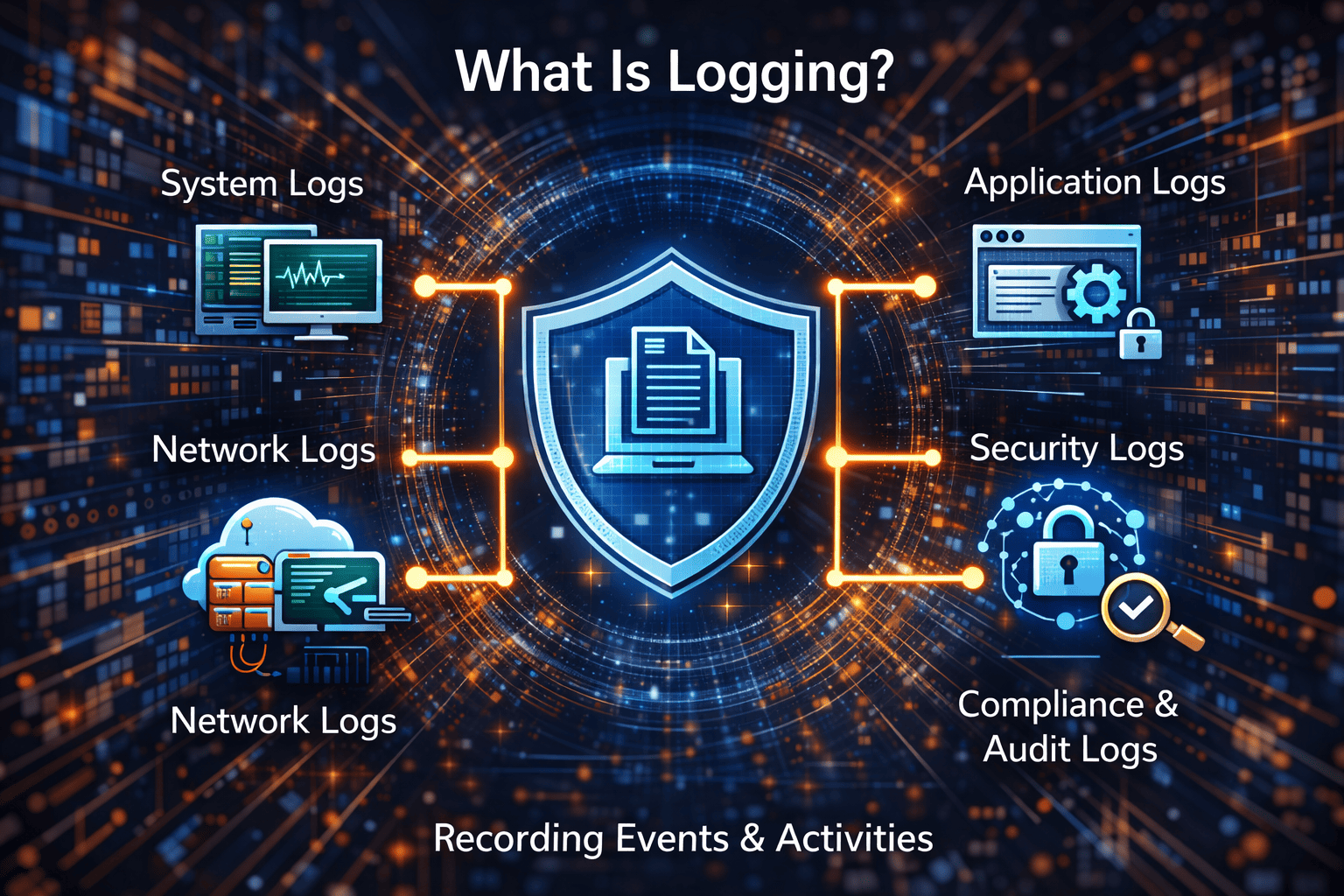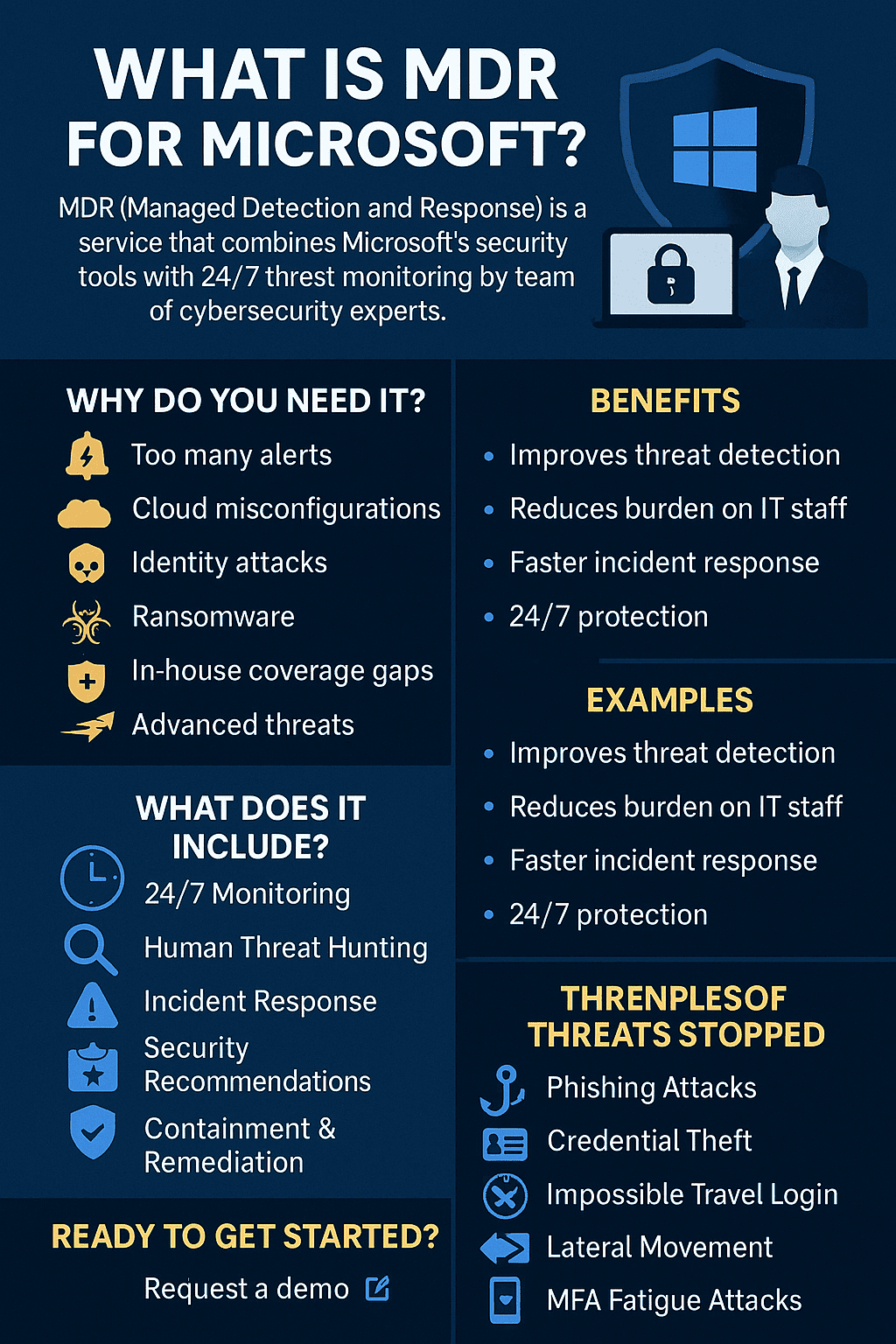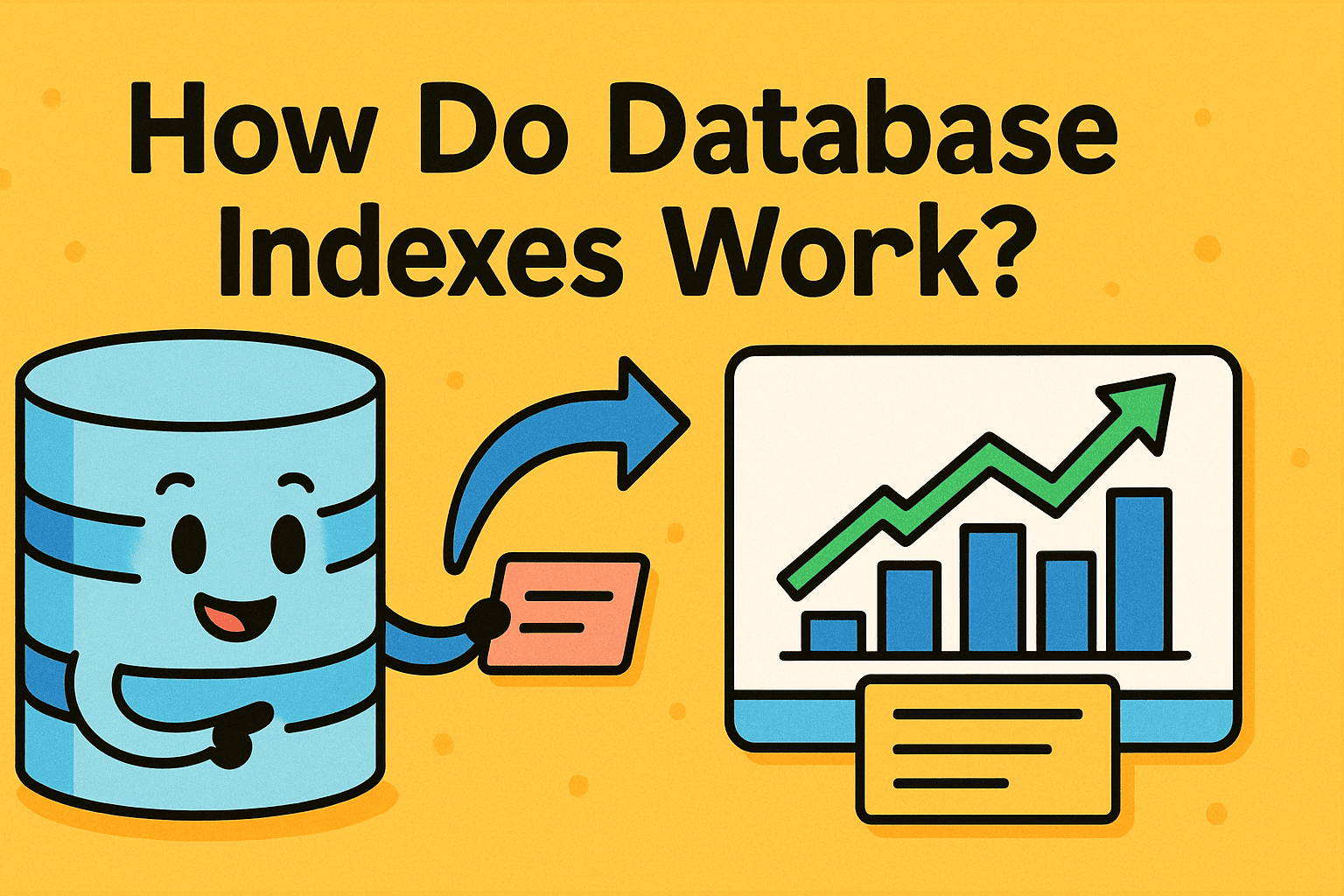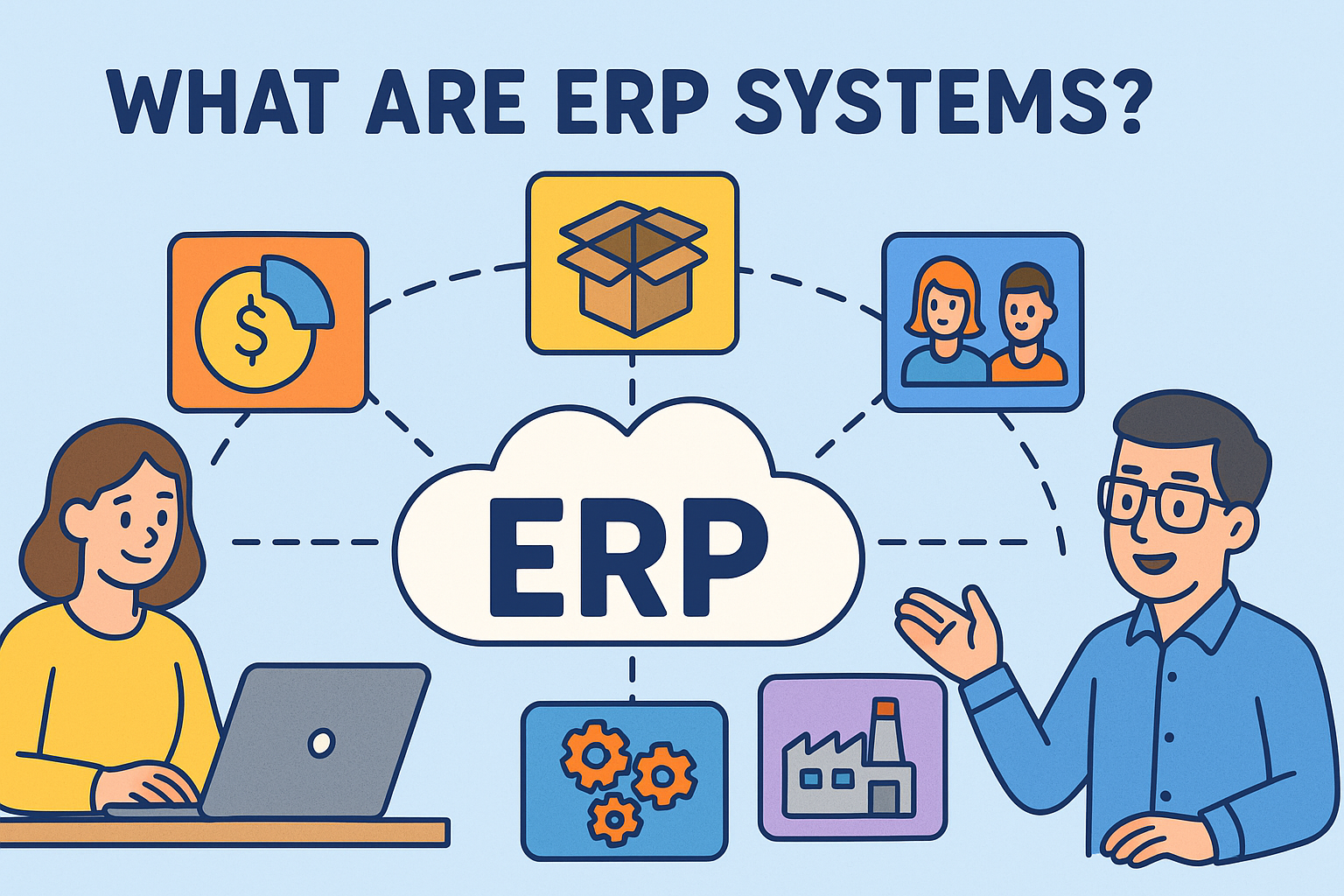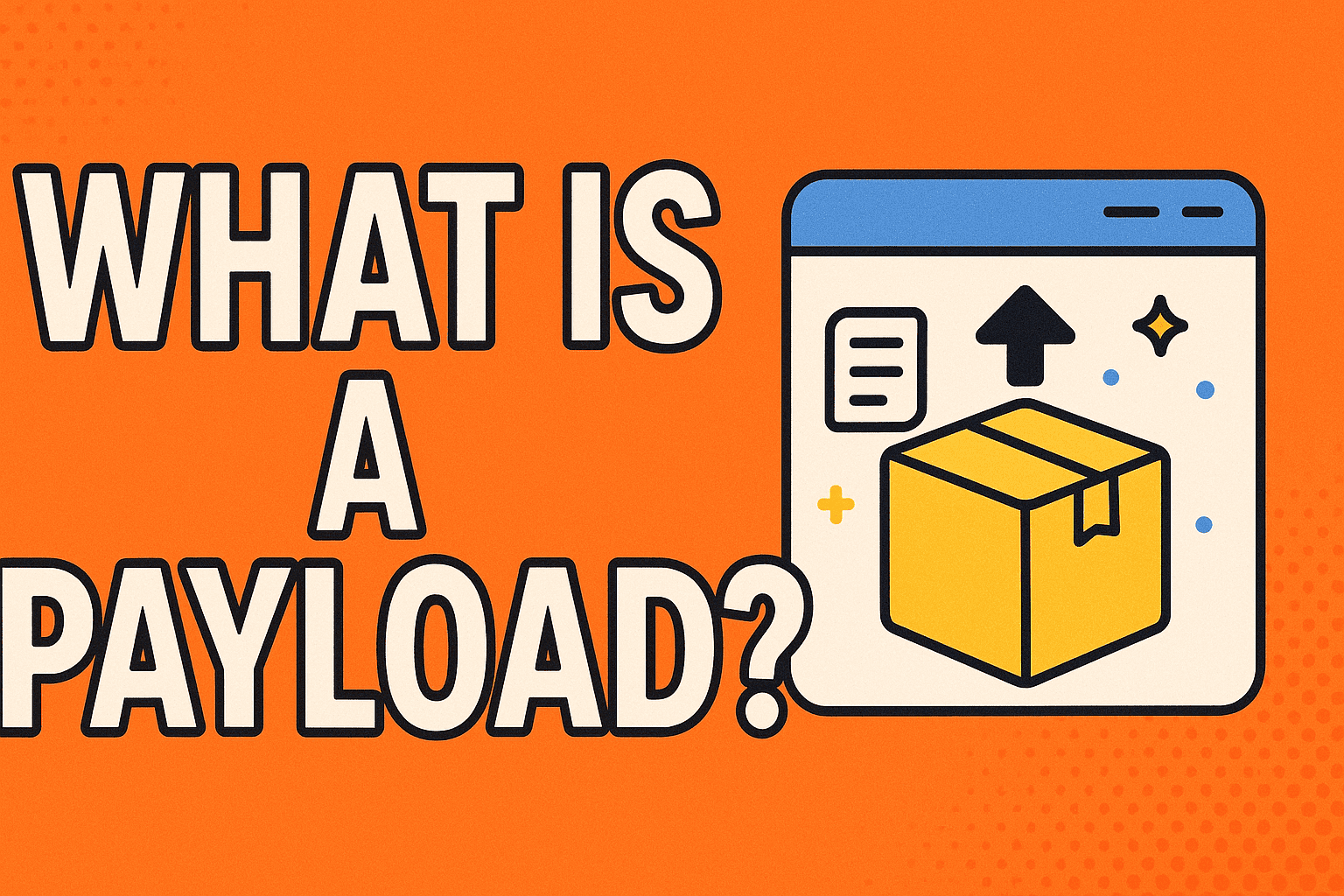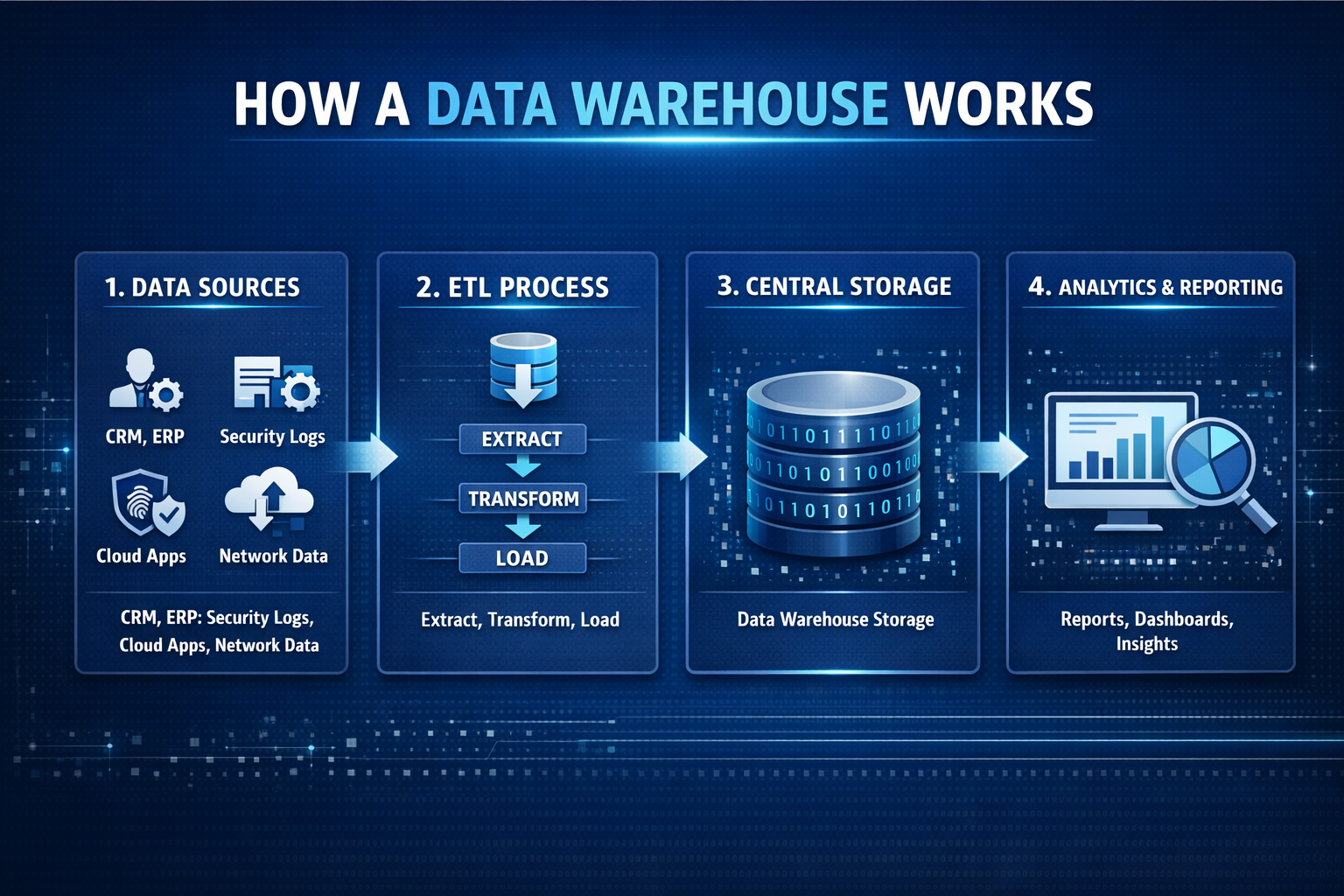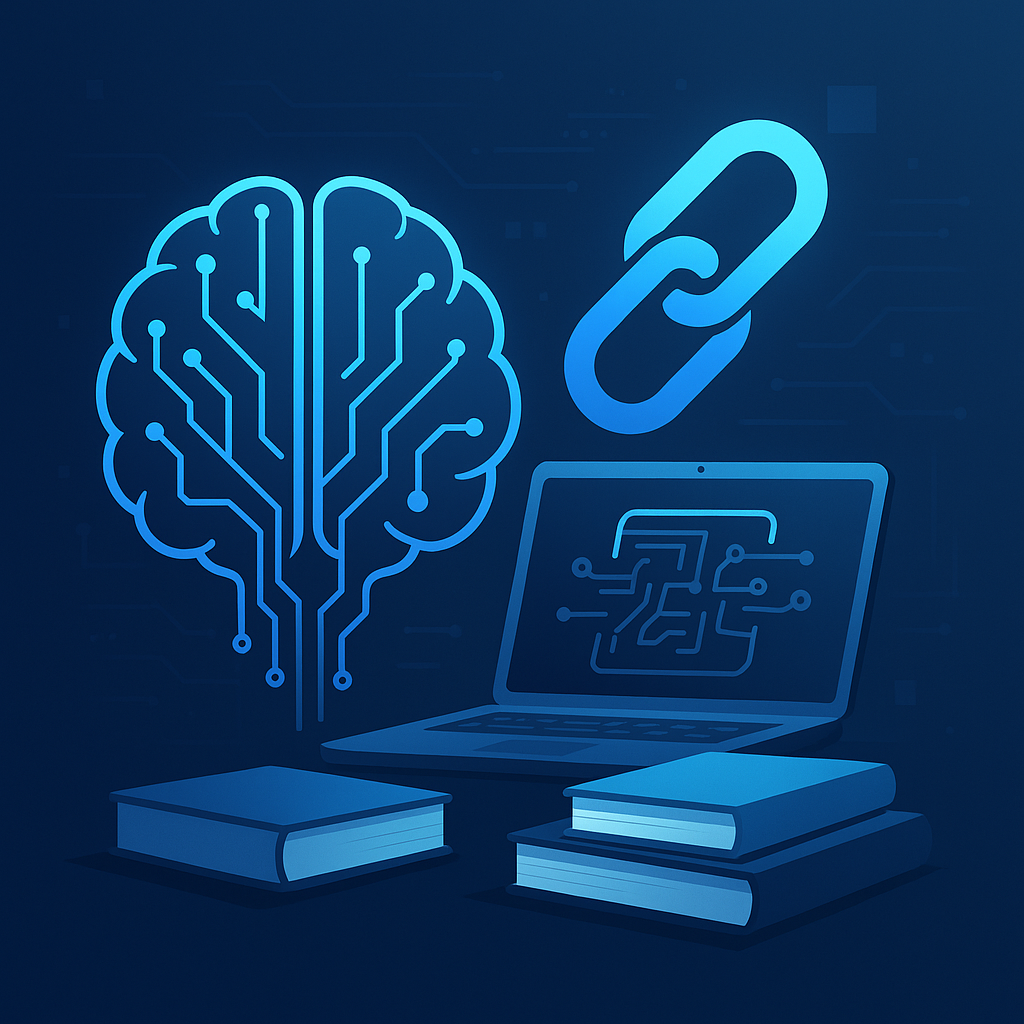What Is an AI Agent? Understanding the Future of Intelligent Systems
Updated on July 10, 2025, by Xcitium
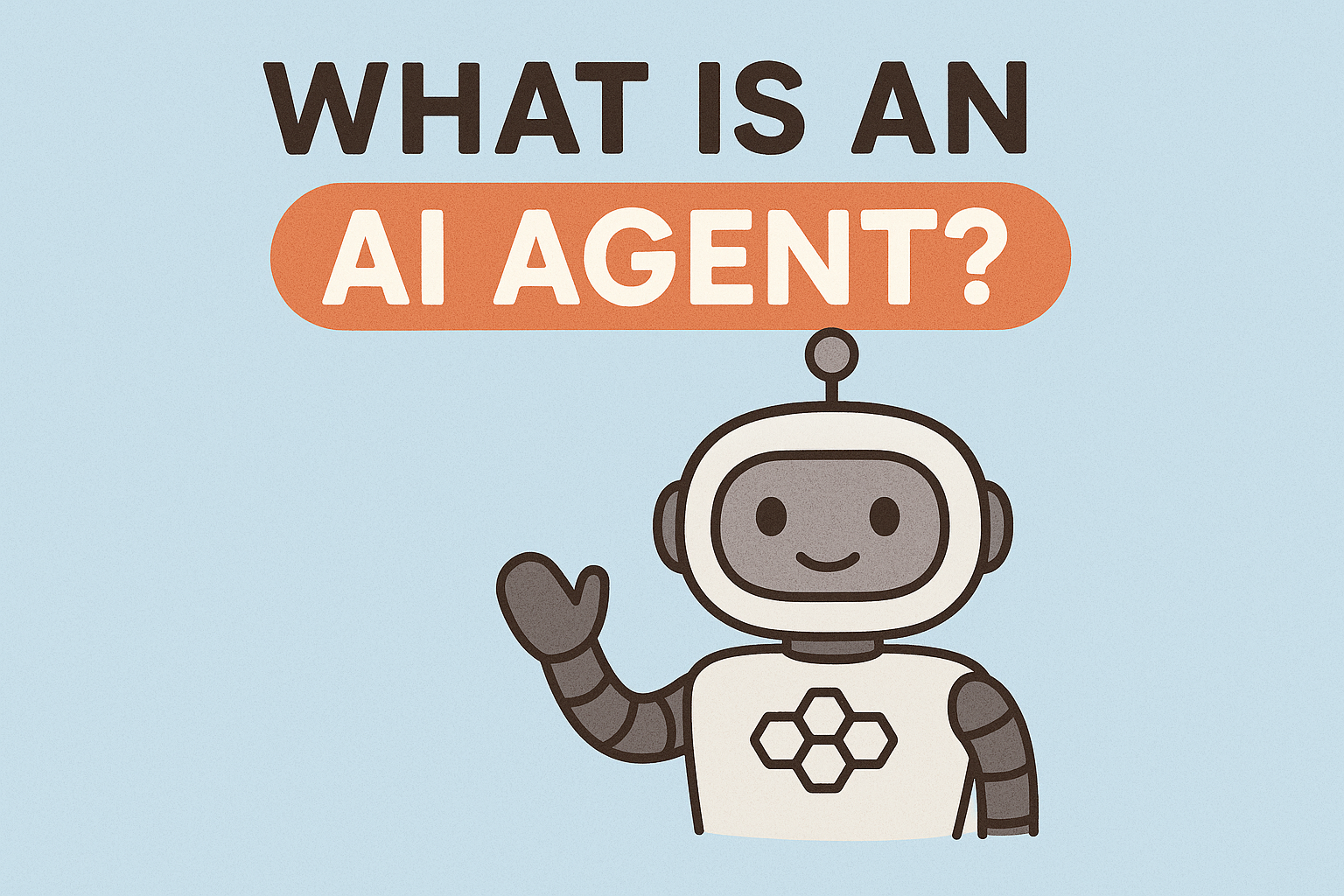
Have you ever wondered how intelligent systems make decisions without constant human input? From self-driving cars to chatbots, they all rely on something called an AI agent. Understanding what is an AI agent is essential in today’s digital age, especially for IT managers, cybersecurity professionals, and business leaders.
Whether it’s navigating traffic, executing a crypto trade, or answering customer queries, AI agents are the behind-the-scenes power driving automation and intelligence.
What Is an AI Agent?
At its core, an AI agent is a system that can perceive its environment, make decisions, and act upon it to achieve specific goals. Think of it as a self-directed software entity that can learn and adapt over time. These agents can be physical (like robots) or virtual (like voice assistants or trading bots).
- AI Agent in Crypto: Automatically executes trades based on real-time data.
- AI Agent in Customer Service: Responds to user queries in real-time.
- AI Agent in Cybersecurity: Detects and mitigates threats dynamically.
In essence, an AI agent bridges artificial intelligence and autonomy, allowing machines to operate efficiently without constant supervision.
Types of AI Agents in AI
Understanding the types of agents in AI is critical when evaluating their roles:
1. Simple Reflex Agents
- React based on current input
- Example: Thermostat
2. Model-Based Reflex Agents
- Use historical data and current input
- Better decision-making in dynamic environments
3. Goal-Based Agents
- Act based on a predefined goal
- Example: Navigation AI in autonomous cars
4. Utility-Based Agents
- Consider multiple outcomes and choose the best
- Example: Financial AI for risk-adjusted returns
5. Learning Agents
- Use feedback to improve over time
- Example: AI customer support that improves with each interaction
How AI Agent Architecture Works
An AI agent architecture typically includes:
- Sensors: To perceive the environment (e.g., input from users or data feeds)
- Actuators: To perform actions (e.g., respond to a query, buy/sell in crypto)
- Decision-Making Unit: The “brain” that processes inputs and selects the optimal action
- Learning Module: Updates its behavior based on feedback
This architecture ensures agents are adaptive, responsive, and autonomous, enabling businesses to streamline operations and enhance user experience.
Real-World AI Agent Examples
Here are some everyday applications to understand how AI agents are transforming industries:
- AI Agent in Crypto: Trading bots on platforms like Binance use AI agents to automate market decisions.
- Virtual Assistants: Siri, Alexa, and Google Assistant are goal-based AI agents.
- Cybersecurity: Platforms like Xcitium use AI agents to detect and prevent threats before they cause harm.
- Manufacturing: Robots on assembly lines act as physical AI agents that learn and optimize production.
How to Create an AI Agent
Creating an AI agent involves the following steps:
- Define the Problem: What do you want the agent to solve?
- Design the Agent Environment: Identify the input/output and feedback loop.
- Choose an Architecture: Reflex-based or learning agent?
- Train with Data: Use machine learning models (e.g., supervised or reinforcement learning).
- Test & Optimize: Evaluate performance and fine-tune responses.
There are also popular AI agent platforms like OpenAI’s API, Microsoft Azure Bot Services, and Rasa for conversational agents.
Agentic AI: The Future of Autonomy
The term Agentic AI refers to systems with the capacity to initiate actions autonomously. These aren’t just reactive—they can plan, strategize, and execute tasks end-to-end with minimal human involvement.
This trend is revolutionizing sectors like:
- Finance: Risk-aware trading bots
- Healthcare: Automated diagnosis and patient triage
- Cybersecurity: Proactive threat hunting and response
Benefits of Using AI Agents in Business
- ✅ Increased Efficiency: Reduces manual labor and accelerates decision-making
- ✅ 24/7 Operation: Perfect for monitoring systems or customer service
- ✅ Data-Driven Insights: AI agents improve with real-time data
- ✅ Security: Particularly in cybersecurity, agents detect and react to anomalies quickly
Challenges and Considerations
While powerful, AI agents also bring challenges:
- Data Privacy: Handling sensitive data needs robust security
- Bias in Algorithms: AI agents can inherit training data biases
- Overdependence: Requires human oversight to avoid failures
Conclusion: Why AI Agents Matter Now More Than Ever
As digital transformation continues, AI agents are becoming indispensable. Whether you’re managing IT infrastructure, securing enterprise data, or automating business operations, knowing what is an AI agent helps you make smarter technology decisions.
🔒 Ready to automate and secure your digital ecosystem?
Get a live demo from Xcitium today »
FAQs About AI Agents
1. What does an AI agent do?
An AI agent perceives its environment, processes inputs, and takes action to achieve specific goals autonomously.
2. What is an AI agent in crypto?
It’s a bot or algorithm that executes trades or analyses market trends using artificial intelligence.
3. What are types of AI agents?
Types include reflex, model-based, goal-based, utility-based, and learning agents.
4. How can I build an AI agent?
Start with a defined problem, choose the right architecture, train with relevant data, and use platforms like OpenAI or Rasa.
5. What is agentic AI?
Agentic AI refers to highly autonomous AI that can plan and act independently without continuous human input.




